North Dakota has become a pioneering state in the exploration of THCA (tetrahydrocannabinolic acid), a non-psychoactive cannabinoid found in raw cannabis and hemp, which is legal under certain conditions. The state's legislative approach has created a clear regulatory framework that supports the cultivation, sale, and use of THCA flower within medical cannabis programs. This framework, consistent with the 2018 Farm Bill, sets strict limits on delta-9-THC content to maintain safety and legality. Patients have reported significant therapeutic benefits from THCA, including pain relief and improved sleep, aligning with research suggesting its anti-inflammatory, neuroprotective, and potential anti-cancer properties. As a result of these findings and patient experiences, THCA has gained attention as a promising alternative therapy for various conditions in North Dakota. Users are advised to procure THCA products from state-licensed hemp producers to ensure compliance with legal regulations. The emergence of THCA as a therapeutic option in North Dakota exemplifies the state's commitment to advancing cannabinoid research and improving patient well-being.
explore the emergence of THCA flower as a therapeutic agent, particularly within the legislative framework of North Dakota. This article delves into the scientific underpinnings of THCA’s potential benefits, setting it apart from its psychoactive counterpart, Delta-9 THC. With a focus on the legalities surrounding THCA in North Dakota, readers will gain insights into navigating this burgeoning wellness landscape. The piece also covers practical aspects of cultivation and consumption, alongside patient experiences that highlight real-life applications and advantages of incorporating THCA flower into one’s health regimen. Understanding ‘THCA legal in North Dakota’ is key to appreciating the full scope of this natural alternative.
- Unveiling the Therapeutic Potential of THCA Flower: A Legal Perspective in North Dakota
- The Science Behind THCA: Understanding Its Benefits and Distinction from Delta-9 THC
- Navigating the Legal Landscape of THCA in North Dakota: What You Need to Know
- Therapeutic Applications of THCA Flower: A Comprehensive Overview
- Cultivation and Consumption: The Practical Aspects of Using THCA Flower for Wellness
- Patient Experiences and Personal Anecdotes: Real-Life Benefits of THCA Flower Use in North Dakota
Unveiling the Therapeutic Potential of THCA Flower: A Legal Perspective in North Dakota
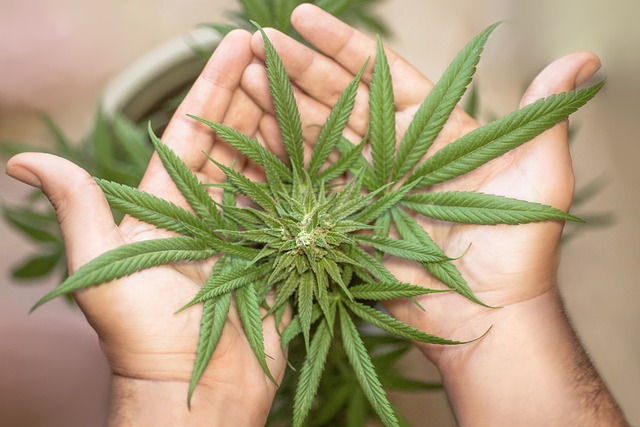
In North Dakota, the therapeutic potential of THCA flower, the raw form of tetrahydrocannabinolic acid, has come to the forefront of legal discussions and health applications. The state’s progressive approach to cannabis legislation has paved the way for residents to access and benefit from THCA in its legal form. This natural compound, which is non-psychoactive like its heated counterpart THC, is attracting attention for its wellness properties. Unlike its psychoactive form, THCA does not induce a ‘high’ and is being explored for its anti-inflammatory and neuroprotective effects, making it a subject of interest for those seeking alternative remedies. In this context, North Dakota’s regulatory framework has been instrumental in allowing the cultivation, sale, and use of THCA flower within legal boundaries, providing an avenue for research and personal therapeutic use under the state’s medical cannabis program. The state’s clear guidelines regarding the permissible use of cannabis derivatives have made it a focal point for those studying the benefits of THCA, positioning North Dakota at the intersection of health innovation and legal precedent in the realm of cannabinoid research. As such, the state serves as a case study for how legislation can facilitate the exploration of cannabinoids’ therapeutic properties while ensuring compliance and safety standards are met.
The Science Behind THCA: Understanding Its Benefits and Distinction from Delta-9 THC
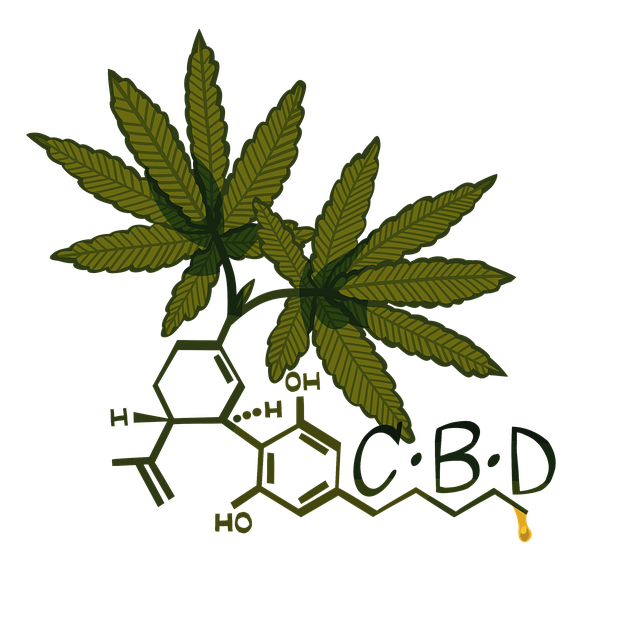
The therapeutic properties of cannabis are attributed to its diverse chemical compounds, known as cannabinoids. Among these, Tetrahydrocannabinolic Acid (THCA) stands out for its potential health benefits and distinct effects from Delta-9 THC. THCA is the non-psychoactive precursor to Delta-9 THC, which forms when cannabis flowers are exposed to heat or light. Research indicates that THCA interacts with the body’s endocannabinoid system through its affinity for both CB1 and CB2 receptors, suggesting a role in modulating pain, inflammation, and anxiety without the psychoactive effects of Delta-9 THC. This distinction is particularly significant as consumers seek alternative cannabinoids that offer therapeutic benefits, especially in regions where cannabis legislation permits such use. For instance, in North Dakota, THCA is legal under certain conditions, reflecting a growing recognition of its potential benefits and a more nuanced approach to cannabis policy. Studies have shown that THCA may possess anti-nausea, anti-inflammatory, and neuroprotective properties, making it an object of scientific interest for various health applications. As the body of evidence continues to grow, so too does the understanding of how THCA might be utilized to complement traditional treatments or enhance overall well-being in a legal and regulated manner.
Navigating the Legal Landscape of THCA in North Dakota: What You Need to Know
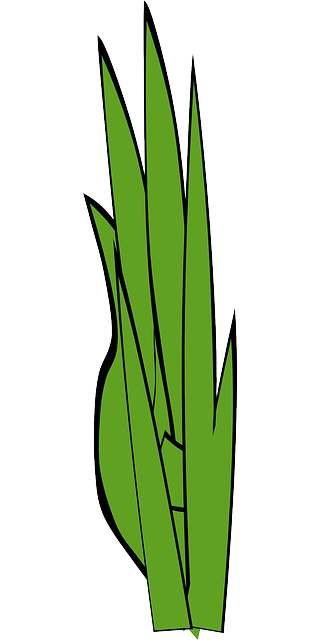
Navigating the legal landscape of THCA, or tetrahydrocannabinolic acid, in North Dakota requires a clear understanding of the state’s specific cannabis laws. Unlike its psychoactive counterpart, delta-9-THC, THCA is non-psychoactive and exists in raw cannabis plants. In North Dakota, the legal status of THCA aligns with that of other cannabinoids found in hemp, as defined by the 2018 Farm Bill and subsequent state legislation. It’s legal to possess and consume products derived from hemp, including those containing THCA, provided they contain less than 0.3% delta-9-THC on a dry weight basis. Consumers and manufacturers must adhere strictly to these limits to avoid legal complications.
Understanding the nuances of North Dakota’s cannabis laws is crucial for anyone interested in THCA products. The state has distinct regulations regarding the cultivation, processing, and sale of hemp-derived products, including those containing THCA. It’s essential to stay informed about any updates to state and federal legislation, as the legal landscape surrounding cannabinoids continues to evolve. Consumers in North Dakota can legally purchase and use THCA products, but they must do so responsibly by ensuring compliance with the state’s regulations. This includes verifying that all such products are sourced from licensed hemp producers and possess the necessary documentation and testing results to confirm their legal THC content.
Therapeutic Applications of THCA Flower: A Comprehensive Overview
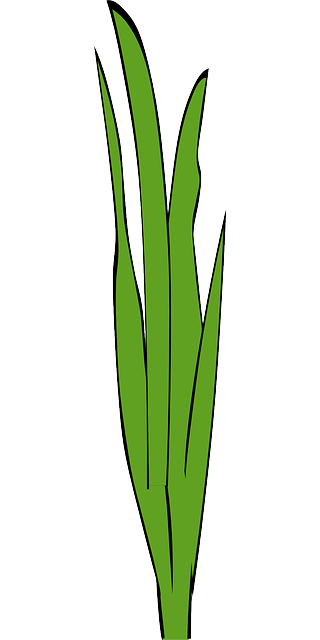
In recent years, the therapeutic applications of THCA flower, the raw, unheated form of cannabis that contains tetrahydrocannabinolic acid, have garnered significant attention. THCA is non-psychoactive, which means it offers potential health benefits without the psychoactive effects associated with its decarboxylated form, THC. Residents of North Dakota can access THCA flower legally, as cannabis products containing THC are permissible under state law, provided they adhere to certain regulations and are used for medicinal purposes. Studies have indicated that THCA may possess anti-inflammatory, neuroprotective, and anti-nausea properties, making it a promising therapeutic agent for conditions such as chronic pain, neurodegenerative diseases, and gastrointestinal disorders. Preclinical research suggests that THCA interacts with the body’s endocannabinoid system, influencing various physiological processes, which may explain its wide array of potential health benefits. As North Dakota continues to shape its cannabis policies, the exploration of THCA flower’s medicinal properties is likely to expand, offering new avenues for treatment and improving the quality of life for those seeking alternative therapies. Prospective patients and researchers alike are encouraged to stay informed on the evolving landscape of cannabinoid research to fully understand the potential of THCA flower in therapeutic applications.
Cultivation and Consumption: The Practical Aspects of Using THCA Flower for Wellness
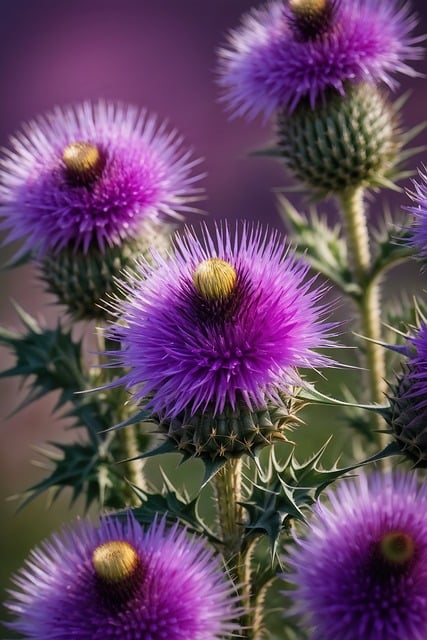
In recent years, THCA (Tetrahydrocannabinolic Acid), a non-psychoactive cannabinoid found in raw cannabis and hemp plants, has garnered attention for its potential wellness benefits. The cultivation of THCA-rich flowers is a specialized process that must be approached with care to maximize the plant’s therapeutic properties. In North Dakota, where THCA flowers are legal, growers adhere to state regulations to ensure a safe and legal product. The cultivation process begins with selecting the right strain, understanding its specific needs for light, soil composition, and climate control. Indoor or greenhouse settings are often preferred for maintaining optimal conditions that preserve the plant’s integrity. Once harvested, the THCA flower must be properly dried and cured to maintain its efficacy, a critical step in preserving its benefits.
The consumption of THCA flowers is typically done through smoking or vaporizing the raw buds. Unlike its psychoactive counterpart THC (Tetrahydrocannabinol), THCA does not produce a high; instead, it’s believed to offer wellness-related benefits, such as anti-inflammatory and analgesic properties. In North Dakota, where the use of cannabis derivatives is regulated, consumers are increasingly exploring THCA flowers for their potential health advantages. It’s important for consumers to source from reputable providers to ensure the purity and safety of the product they ingest. When consumed, THCA interacts with the body’s endocannabinoid system, potentially offering relief from various ailments while promoting overall well-being. As such, the practical aspects of using THCA flowers for wellness in North Dakota require a keen understanding of both cultivation practices and responsible consumption habits to harness their full potential.
Patient Experiences and Personal Anecdotes: Real-Life Benefits of THCA Flower Use in North Dakota
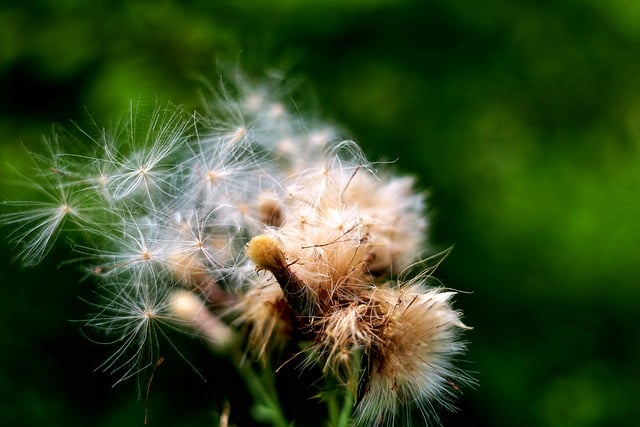
In North Dakota, where THCa flowers are legally permissible for medical use, patients have reported a wide array of benefits from their consumption. These anecdotes underscore the potential therapeutic effects of THCa, which is the raw form of tetrahydrocannabinol (THC), the primary psychoactive component of cannabis. A patient named Emily shared her experience with using THCa flower for managing chronic pain from a spinal condition, noting that it provided significant relief without the intense psychoactive effects she experienced with other cannabis products. Similarly, John, who suffers from post-traumatic stress disorder (PTSD), found solace in the calming properties of THCa, which helped him to sleep better and navigate the intrusive thoughts that often accompany his condition. These personal accounts are supported by emerging scientific research suggesting that THCa may offer anti-inflammatory, neuroprotective, and potential anti-cancer effects, adding credence to the experiences of individuals in North Dakota who have turned to this cannabinoid for relief and wellness. The legal framework in North Dakota has facilitated access to THCa flowers for medical patients, allowing them to explore its benefits firsthand and contribute to a growing body of knowledge on its efficacy.
THCA, or tetrahydrocannabinolic acid, has emerged as a subject of growing interest within the realm of therapeutic cannabinoids, particularly in North Dakota where its legal status offers avenues for exploration and use. This article has delved into the multifaceted nature of THCA flower, from its scientific properties to its practical applications, and has provided insights into how individuals are harnessing its potential benefits. As we conclude, it’s evident that THCA holds significant promise as a legal option for wellness in North Dakota, with a body of research and patient experiences underscoring its therapeutic value. Understanding the distinction between THCA and delta-9 THC is crucial for consumers and healthcare providers alike, as it opens up a world of possibilities for those seeking alternative health solutions. The comprehensive overview of THCA’s applications and the practical aspects of its cultivation and consumption have shed light on how this compound can be integrated into wellness routines. As such, THCA’s legal status in North Dakota positions the state at the forefront of cannabinoid research and therapeutic use, offering a hopeful glimpse into the future of health and well-being.
